Experiments
An experiment is a scientific procedure carried out to test a hypothesis or demonstrate a known fact. It is a crucial part of the scientific method and is designed to answer specific questions by testing a hypothesis through the collection and analysis of data. Experiments are conducted in a controlled environment to ensure that the results are reliable and can be replicated by others.
Types of Experiments
There are different types of experiments, including:
- Laboratory Experiments: These are conducted in a controlled environment, such as a laboratory, where variables can be manipulated and controlled.
- Field Experiments: These are conducted in a real-world setting, such as a natural environment or a specific location, to study phenomena in their natural context.
- Quasi-Experiments: These are similar to true experiments but lack random assignment to experimental and control groups.
Components of an Experiment
Key components of an experiment include:
- Hypothesis: A testable prediction or statement about the relationship between variables.
- Variables: Factors that can change or be manipulated in an experiment.
- Control Group: The group that does not receive the experimental treatment and is used as a baseline for comparison.
- Experimental Group: The group that receives the experimental treatment or intervention being studied.
- Dependent Variable: The variable being measured or observed in response to the independent variable.
- Independent Variable: The variable that is manipulated or changed by the researcher.
- Data Collection: The process of gathering information or observations during the experiment.
- Data Analysis: The examination and interpretation of the collected data to draw conclusions.
Study Guide
To understand experiments better, you can follow these study tips:
- Understand the scientific method and its application in experiments.
- Learn how to formulate a hypothesis and identify variables in an experiment.
- Explore different types of experiments and their characteristics.
- Study the importance of control groups and experimental groups in an experiment.
- Practice collecting and analyzing data from hypothetical experiments.
- Understand the ethical considerations involved in conducting experiments.
By mastering the concepts and principles of experiments, you will be better equipped to conduct your own scientific investigations and understand the results of experiments conducted by others.
[Experiments] Related Worksheets and Study Guides:
.◂Science Worksheets and Study Guides Kindergarten. Pushing, Moving, Pulling
Coloring Worksheet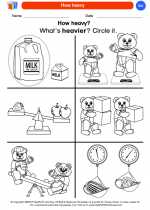 How heavy
How heavy  Coloring Worksheet
Coloring Worksheet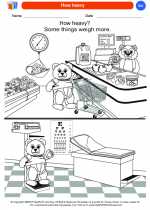 How heavy
How heavy  Coloring Worksheet
Coloring Worksheet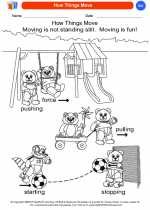 How Things Move
How Things Move  Coloring Worksheet
Coloring Worksheet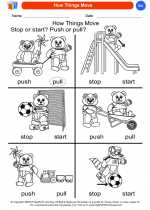 How Things Move
How Things Move  Coloring Worksheet
Coloring Worksheet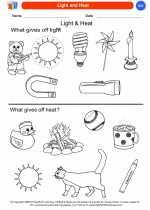 Light and Heat
Light and Heat  Coloring Worksheet
Coloring Worksheet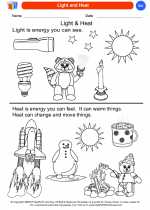 Light and Heat
Light and Heat  Coloring Worksheet
Coloring Worksheet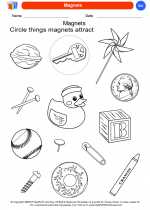 Magnets
Magnets  Coloring Worksheet
Coloring Worksheet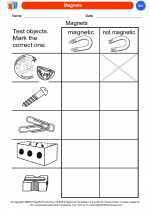 Magnets
Magnets  Coloring Worksheet
Coloring Worksheet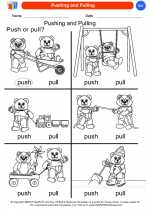 Pushing and Pulling
Pushing and Pulling  Coloring Worksheet
Coloring Worksheet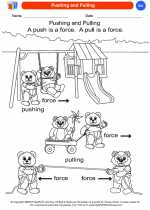 Pushing and Pulling
Pushing and Pulling  Coloring Worksheet
Coloring Worksheet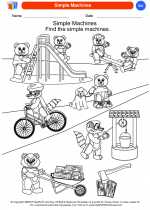 Simple Machines
Simple Machines  Coloring Worksheet
Coloring Worksheet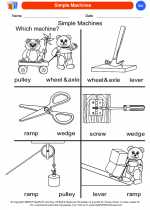 Simple Machines
Simple Machines  Coloring Worksheet
Coloring Worksheet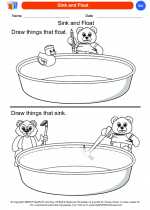 Sink and Float
Sink and Float  Coloring Worksheet
Coloring Worksheet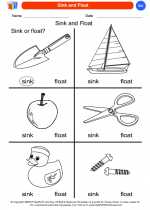 Sink and Float
Sink and Float  Coloring Worksheet
Coloring Worksheet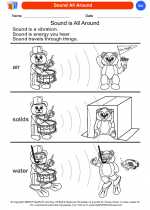 Sound All Around
Sound All Around  Coloring Worksheet
Coloring Worksheet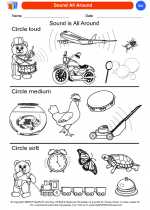 Sound All Around
Sound All Around  Coloring Worksheet
Coloring Worksheet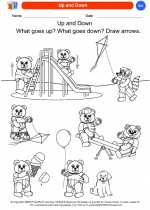 Up and Down
Up and Down  Coloring Worksheet
Coloring Worksheet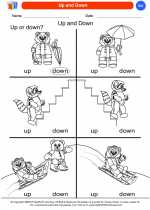 Up and Down
Up and Down  Coloring Worksheet
Coloring Worksheet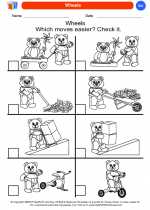 Wheels
Wheels  Coloring Worksheet
Coloring Worksheet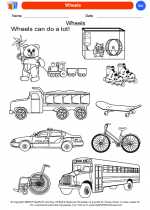 Wheels
Wheels 

 Coloring Worksheet
Coloring Worksheet
 Coloring Worksheet
Coloring Worksheet
 Coloring Worksheet
Coloring Worksheet
 Coloring Worksheet
Coloring Worksheet
 Coloring Worksheet
Coloring Worksheet
 Coloring Worksheet
Coloring Worksheet
 Coloring Worksheet
Coloring Worksheet
 Coloring Worksheet
Coloring Worksheet
 Coloring Worksheet
Coloring Worksheet
 Coloring Worksheet
Coloring Worksheet
 Coloring Worksheet
Coloring Worksheet
 Coloring Worksheet
Coloring Worksheet
 Coloring Worksheet
Coloring Worksheet
 Coloring Worksheet
Coloring Worksheet
 Coloring Worksheet
Coloring Worksheet
 Coloring Worksheet
Coloring Worksheet
 Coloring Worksheet
Coloring Worksheet
 Coloring Worksheet
Coloring Worksheet
 Coloring Worksheet
Coloring Worksheet
